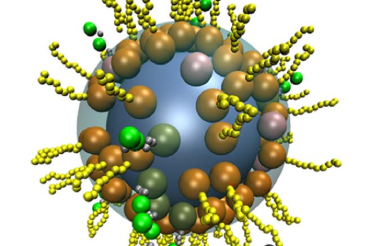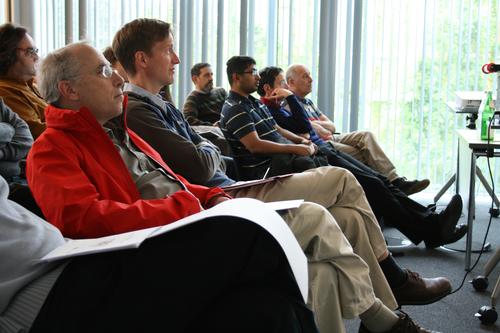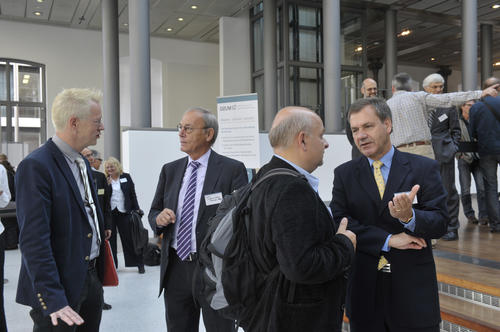Berlin Mathematical School (BMS)
The Berlin Mathematical School (BMS) is a joint graduate school of the mathematics departments of the three major Berlin universities, TU Berlin, FU Berlin, and HU Berlin.
BMS offers a uniform setting for graduate studies (from bachelor to PhD) in mathematics in Berlin, a coordinated, highly diverse course program in English (Phase I, from bachelor to qualifying exams in two years, German language skills are not necessary), access to all math research groups in Berlin for a PhD (Phase II), in particular to the DFG Research Training Groups and other ongoing research projects, intensive mentoring during the whole duration of studies, and support in non mathematical issues ranging from housing to visas and from child care to language courses.
BMS invites excellent mathematics students from Germany, Europe and all over the world to join BMS - and to make good use of the ample opportunities offered by the rich and diverse mathematics teaching and research environment in Berlin.







